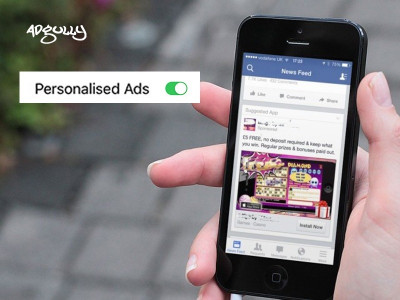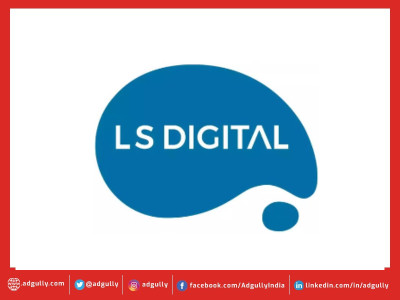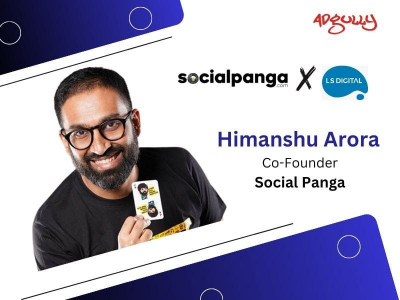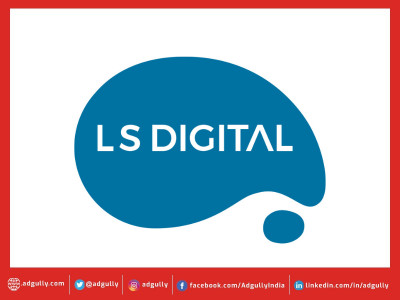Can data privacy and ad personalisation co-exist?
Data privacy is becoming a subject for lawmakers to ponder the world over. Social media giant Facebook has said that it disagrees with the fundamental notion that one cannot provide free ad supported services in a way that respects privacy. In a blog post, Erin Egan, VP and Chief Privacy Officer, Public Policy, Facebook, opines that criticism is already impacting internal changes that large platforms are making to inform users about business to business data sharing and use of web technologies like cookies.
Also read: Data privacy a global theme for marketers in 2020
For example, iOS 14 apps will be required to ask users for permission to track them across apps and websites owned by other companies. The App Store will help users understand apps’ privacy practices, and you will need to enter your privacy practice details into App Store Connect for display on your product page. Google has announced its intention of shutting down third party cookies in its Chrome browser by 2022.
The problem with these decisions is that it makes the user beholden to the ecosystem of apps and websites that are supported by these platforms, which may create a monopoly. In a bid to ensure privacy, these companies are creating a closed ecosystem that is against the idea of a free and fair Internet.
The fundamental conceit here is that ad personalisation improves the experience of the user according to the technology giant, but films like ‘The Social Dilemma’ depict how these apps control the user experience to such an extent as to keep the user hooked to the screens.
Digital experts agree that there need to be laws in place to check the misuse of data.
Prasad Shejale, Founder & CEO, Logicserve Digital, said, “I feel, if we make proper processes and keep the end consumers informed, it is fair to collect their data since it is used for providing an enhanced experience to them in the longer run. As long as there is no misuse of the data, it should be fine. As a precaution, we can have stricter policies for people who happen to misuse the data.”
Manika Juneja, VP - Operations West & South, WATConsult, noted, “User data is collected at various touchpoints in the digital ecosystem and it will not be fair to attribute a major chunk of it to only advertisements. The point of the matter is that personalisation and privacy can co-exist if it is governed well. It depends on how vigilant the platform and the system are in dealing with consumer data and most importantly, are they offering transparency in the communication of the data processing.”
Jose Leon, COO, Indigo Consulting, pointed out, “There are broadly two ways to accomplish personalisation – first, where the customer opts-in and agrees to share information with their preferred brands to ensure they get relevant and personalised experiences with those specific brands, and secondly, where using sophisticated marketing technology, information collected is matched-up using algorithms and deep-learning with third party data.”
As pointed out by Juneja and Leon, data privacy has nothing to do with advertising, because for the Internet to function certain data points are always generated and a user always leaves behind a trail. Even a Netflix or an Amazon leverage user data, but they do it to recommend their own content or products. It comes down to what this data is used for – to serve the purpose of the advertiser or the user?
The question then is… should there be a limit on how much data is shared with apps and on business to business data sharing?
“The more data you have, the more information you have to enhance the effectiveness of the marketing campaigns. Also, more information can further help us to improve the personalisation aspect,” said Shejale.
Juneja was of the opinion that notice and consent requirements on the processing of personal data should be made clearer and transparent for the user to better understand the terms and conditions that they are agreeing upon before signing up on a platform or using a device. “Effective use of CRM, website/ app analytics, social data, consumer surveys, subscriptions are just a few ways that could be looked at to gauge ROI,” she said.
She further added, “Personalisation is the way to communicate with the digital-savvy consumer. It helps in garnering attention without significant ad wastage. Moreover, consumers expect personalised communication and experience with the brand to feel valued and known, and that’s how they become brand loyal. Personalised retention strategy with tailored recommendation is more critical than personalised acquisition strategy as once the consumer has transacted with you. They expect the brands to serve them better once they have shared their data usage consent with the brand.”
Leon remarked, “There is no one single silver bullet that digital marketers can leverage for optimisation. Brands need to invest in all three – people, process and technology – to ensure that they know both intent and behaviour of their consumer on a near real-time basis and contextually deliver – time after time– ensuring higher RoI because of increased end-use engagement and higher trust gained from them.”
The connected nature of the Internet makes it bewildering for the user to truly comprehend all the sources where his/her data is being collected. The scope of collection and application often dawns on them only after fraud has happened like in the case of Cambridge Analytica.
Logicserve’s Shejale noted, “Every platform has its own unique features, benefits, etc. The way these platforms collect and use data is also different. Having a unified data collection method can surely be good.”
“If you ask me, collection of 1st party data is already standardised and brands can deliver so much more just by doing more with 1st part data. Having said that, there are regulatory frameworks across the globe trying to standardise data collection methodologies. Like in the US they have COPPA (Children’s Online Privacy Protection Rule) and also strengthen ‘Do not track’ laws towards streamlining data collection,” Leon concluded.






















Share
Facebook
YouTube
Tweet
Twitter
LinkedIn